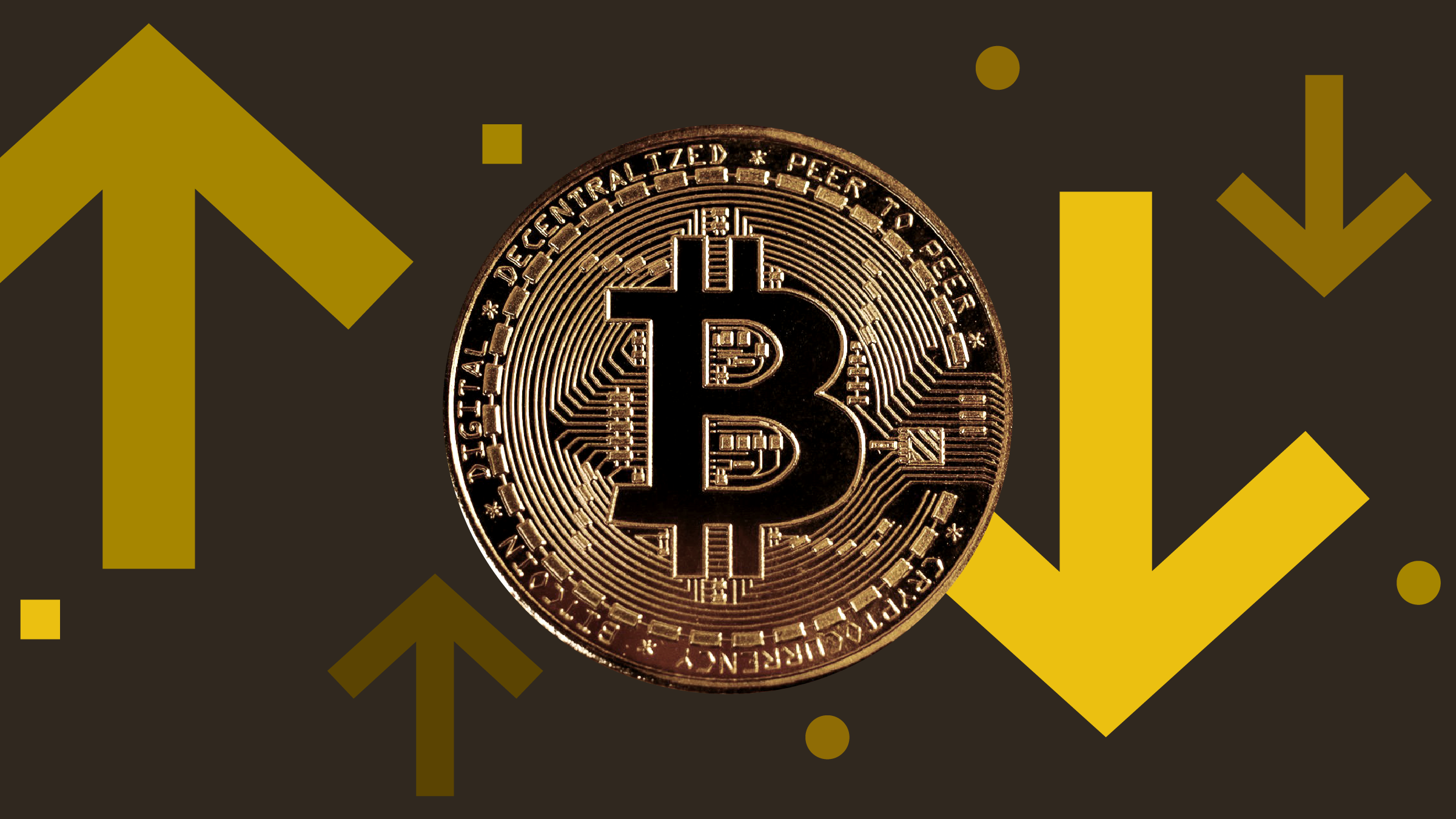Jupiter Exchange has announced a major initiative to enhance market stability by allocating 50% of its protocol fees to repurchase and lock JUP tokens for three years. This program, set to begin on February 17, aims to reduce the circulating supply and reinforce long-term investor confidence.
🚀 BREAKING: Jupiter Exchange Announces $JUP Buybacks! ⚡🔥
— Vimu (@Vimuch95) February 13, 2025
Starting Monday, 50% of all protocol fees will be used to buy back $JUP & lock it for 3 years! 📈💰
1. Massive long-term supply reduction 🔥
2. Increased scarcity = Potential price impact 🚀
3. Bullish signal for… pic.twitter.com/gynp39fKPA
A Strategic Shift Towards Market Stability
Jupiter previously implemented a similar strategy in January, buying back and burning JUP tokens, which led to a remarkable 60% price surge. However, this new approach focuses on long-term sustainability rather than short-term gains. By locking the tokens for three years, Jupiter prevents immediate market re-entry, ensuring a controlled and gradual supply reduction over time.
This initiative underscores the exchange’s commitment to sustained growth. By aligning token supply management with long-term platform development, Jupiter aims to foster greater trust and participation within the Solana ecosystem. The move is expected to support price stability, reducing the volatility often seen in crypto markets.
Enhancing Transparency with a New Dashboard
To bolster confidence in its buyback initiative, Jupiter will launch a dashboard next week, allowing users to track buyback operations in real time. This transparency feature will provide a clear view of the number of tokens repurchased and locked, ensuring accountability and informed decision-making for investors.
In decentralized finance (DeFi), transparency plays a critical role in user engagement. By offering direct access to buyback details, Jupiter strengthens its community relationships and showcases its commitment to clear financial operations.
Aligning with Industry Trends
Token buybacks have become a standard strategy in the crypto market, with major platforms like Binance Smart Chain and MakerDAO implementing similar approaches to control token supply. Jupiter’s approach, however, stands out due to its long-term locking mechanism, which limits immediate sell-offs and promotes market stability.
Also Read: Broccoli Coin’s Market Cap Crashes from $9.5B to $1B in Single Solana Trade—What Happened?
At the recent Catbedsault Conference, Jupiter executives discussed upcoming platform upgrades and potential acquisitions. The buyback initiative aligns with these growth strategies, positioning Jupiter as a key player in Solana’s DeFi landscape. By locking tokens for three years, Jupiter aims to balance liquidity with supply management, reinforcing its commitment to long-term sustainability.
Disclaimer: The information in this article is for general purposes only and does not constitute financial advice. The author’s views are personal and may not reflect the views of CoinBrief.io. Before making any investment decisions, you should always conduct your own research. Coin Brief is not responsible for any financial losses.




